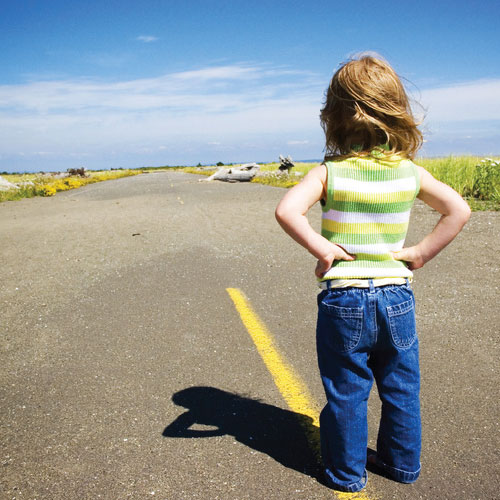Minders of Mindfulness

Mindfulness is all about living in the moment and awakening to experience. Psychology tells us that when we are mindful we observe thoughts and feelings from a distance, without judging them good or bad.
For a time in a child’s life mindfulness encapsulates their entire existence. Effortlessly, with pure innocence and openness they live in the here and now, or what may also be called the ‘Unknown’ or ‘The Magic.’ Through EVERY sense they have, this magic is always present. It colourfully stretches before the child without end. No barriers, fences, or taught fear to hem them in, to dilute their potential. Their mindfulness is illuminating and awe inspiring.
It dazzles most adults as they observe a baby or child blossoming within it. More than likely it is one of the reason we became educators and probably, for many parents, one of the reasons they have more children after their first.
For some, mindfulness, this wonderful gift of life, can remain dazzling until death. But for the majority of us, it usually becomes somewhat subdued and closed in comparison to childhood. The fences and barriers erect slowly as we grow, and before too long we become constrained. Often this happens without us even being aware of it because it is thought to be a normal progression of growing up.
Increasingly, in our Western culture, we live in a hurried state of cramming more and more in. From a very young age we are taught that we must succeed, that we must look to the future so we spend a lot of our time filling our minds of the things that we must get done. I am not saying this is a good or bad thing, but sometimes this hurried state can have us missing an important component within life - to be mindful within our journey. And as the minders of our children, as their guardians and escorts, I believe we must strive to re-awaken or, keep our mindfulness open to enhance their magic. I also believe our growing children’s mental health can benefit greatly if they learn the skills that allow them to access mindfulness throughout their life.
Richard Davidson, a Neuroscientist at the centre for investigating healthy minds says, ‘the conclusion that modern research has come to is that happiness and well-being are actually best regarded as a skill. We normally don’t think of them as skills in Western culture but it is fundamentally no different to learning to play an instrument.’
So how can you help the children in your classroom retain their mindfulness? There are thankfully many ways to do this, I am going to share two very simple ways with you. One uses the wonderful equaliser of emotions, sound, and the other uses movement.
Sound
Gather your children together in a space that is comfortable for them – perhaps with heaps off cushions so they can totally relax. Now have them take a breath in, and out. And again, in and out.
Ask them to close their eyes and listen to the noises around them, letting them know you will ask them what they have heard soon. This simple exercise instantly brings the children into the moment and as they turn their attention to the here and now, their mind lets go of the past and future – something that us adults are almost constantly thinking about while we miss out on the only moment we really live in, the now.
Movement
Take the children on a meditative walk. Let them know that during the whole walk you would like them to repeat certain words – this can be anything. The Dalia Lama uses Om Ma Na Padma Hum but if this doesn’t suit, you could use things like ‘I am beautiful, I am strong, I am happy’ or, ‘the monkey went up the apple tree to see what he could see’. Doing this out loud can be helpful to setting up this practice, slowly having them repeat the sentence to themselves. Once again, this switches the thinking part of the brain off, bringing them into the moment.
By doing this we offer children a place where they can rebalance within themselves. Where they can turn away from the mechanism of thought and self-regulate with detached observation at times of heightened stress, anguish, anger or fear. As they become adults, this may help them see that thoughts are often not the reality and that they make choices about how they feel.
I briefly talk about mindfulness in my book – BabyCues, Nurture with Nature, Prevent and remedy colic, reflux, lactose and dairy overload, Nature’s logical answers – under the title of ‘Putting our feet in theirs’. If we can remember to immerse ourselves in a newborns unknown again, in the gap that vibrates between them as babies and us as adults, we become their Mindful Minders of Mindfulness. Such a highly significant role to play in this world of created chaos.


